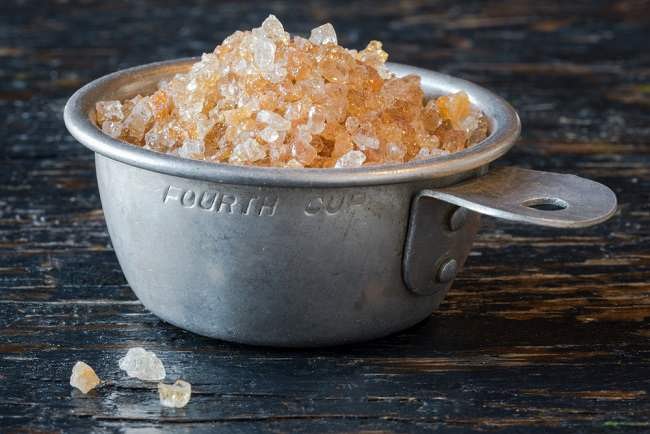Almost all breastfeeding mothers may have experiencedfeelthe production of breast milk (ASI) is reduced or not as much as usual. To be able to deal with it effectively, you need to first know the possible causes. Come on, Bun, find out more here.
Decreased milk production certainly triggers the concern of breastfeeding mothers. This is because the lack of breast milk intake has a direct effect on the adequacy of fluid intake and infant nutrition, especially for babies who only consume breast milk. Therefore, let's find out what are the causes of reduced breast milk as well as how to overcome them.

Factors That Can Cause Decreased Breast Milk
The following are some of the factors that can cause reduced milk production:
1. Improper attachment
Incorrect attachment of the baby's mouth when breastfeeding makes the baby not suck milk optimally. As a result, the stimulation of the body to produce breast milk is reduced, so that the milk production automatically becomes less.
2. Not breastfeeding often enough
The more often you breastfeed and express your milk, the more milk your breasts will produce. Vice versa. Your little one needs to be breastfed whenever he wants it. If you delay breastfeeding or don't express your milk regularly, your breasts won't be actively producing milk.
3. Dehydration
Water has a very important role in many body functions. It is also known that lack of water can reduce overall body functions. In nursing mothers, this can decrease milk production.
4. Thyroid function disorders
Breastfeeding mothers who have hypothyroidism or reduced thyroid function are also at risk for decreased milk production. This is because thyroid hormone has an important role in regulating the work of breastfeeding hormones, namely oxytocin and prolactin.
5. Consumption of drugs or contraception
Breastfeeding mothers do need to be careful in taking drugs. This is because there are several types of drugs that can reduce milk production, such as birth control pills and fever and allergy medications that contain pseudoephedrine.
In addition to the various factors above, a reduced supply of breast milk can also be experienced in mothers who have had breast surgery, are overweight or obese, experience bleeding after giving birth, and have hypertension during pregnancy, as well as diabetes that is not handled properly.
Generally, a decrease in breast milk supply will not directly harm the baby. However, this condition should not be left for too long, Bun, because it can cause your little one to experience malnutrition, especially if he is under 6 months old.
What to Do if Breast Milk Production Decreases?
If your milk production decreases, don't panic too much. There are many ways you can do to increase milk production again, including:
1. Continue to breastfeed
Basically, the mother's body will adjust milk production to the needs of the little one. So, don't stop and breastfeed more often.
2. Mbreast milk
If you are unable to breastfeed directly due to work, be sure to pump regularly. Diligently pumping breast milk can also help maintain the level of milk production.
3. Checking attachment
Check if the little one's mouth is perfectly attached to the mother's breast. If not, maybe you can consult a doctor or lactation counselor.
4. Avoid alcohol and cigarettes
During the breastfeeding period, you should not consume alcohol and smoke, yes. Both can reduce the production and quality of breast milk.
5. Mchoosing contraceptives for breastfeeding mothers
If you want to use contraception, choose birth control pills that only contain progestin, and don't take combined birth control pills because they can interfere with your milk supply. If necessary, consult the right family planning options with your doctor.
6. Mavoid formula feeding
It's best to avoid giving formula milk to your little one, except for medical indications. This is because he may prefer formula milk, so he suckles less often and over time, your milk production will decrease.
It is also important for mothers to do is meet the nutritional and fluid needs during breastfeeding. With a healthy body, the mother's activity while breastfeeding the little one also feels optimal.
In addition, as much as possible avoid feeling anxious about not being able to meet your little one's needs, right, Bun. overthinking regarding milk production can make you feel your milk is lacking, even though you are not. Sometimes, this can be triggered by comments and stories from other people that you listen to, for example on social media.
As long as your little one shows signs of enough breast milk, such as gaining weight, urinating normally, and being healthy and active, you don't need to worry too much.
However, if what you are worried about does have an impact on your little one and breast milk is still lacking even though you have undergone various methods as above, you can check with a doctor or take advantage of lactation consultation services. Keep the spirit of breastfeeding, ok?, Bun!









